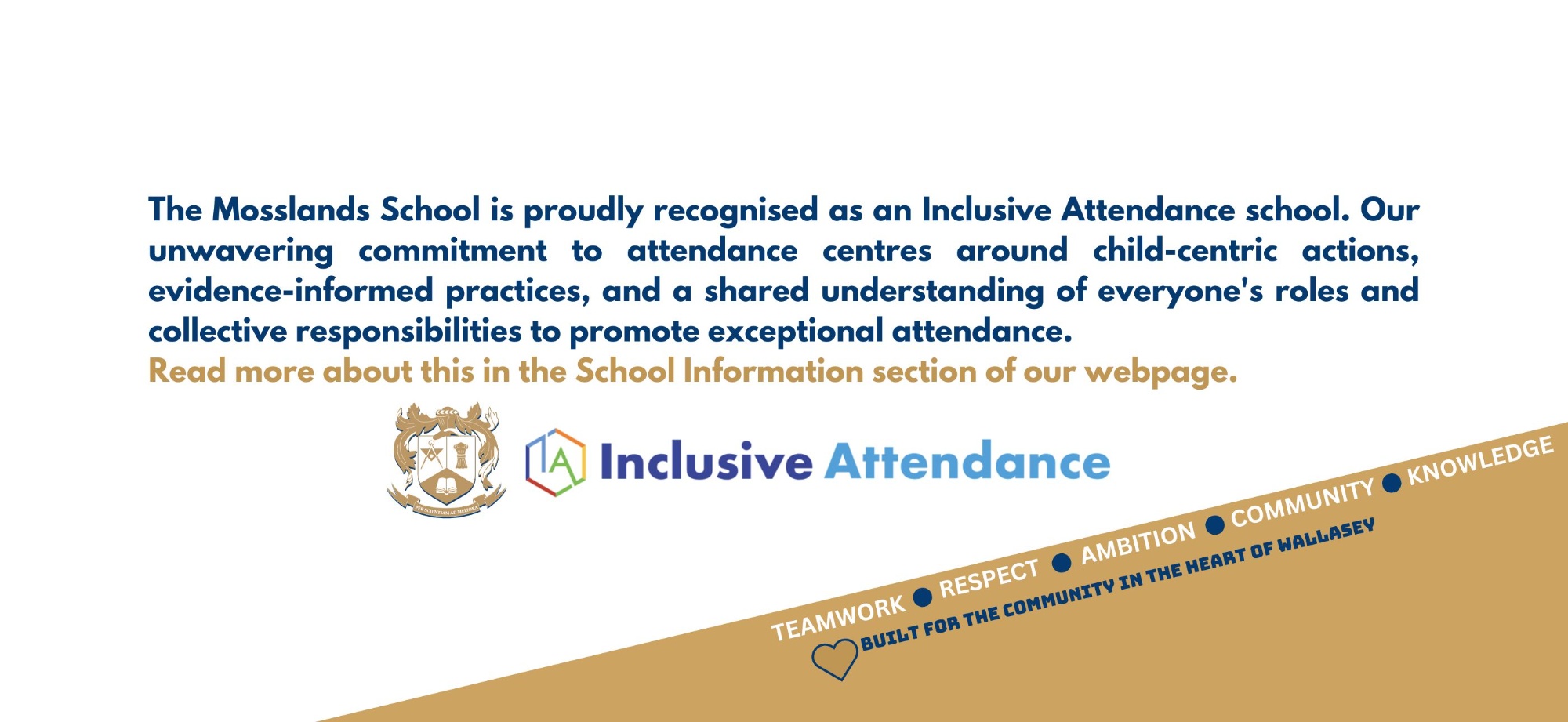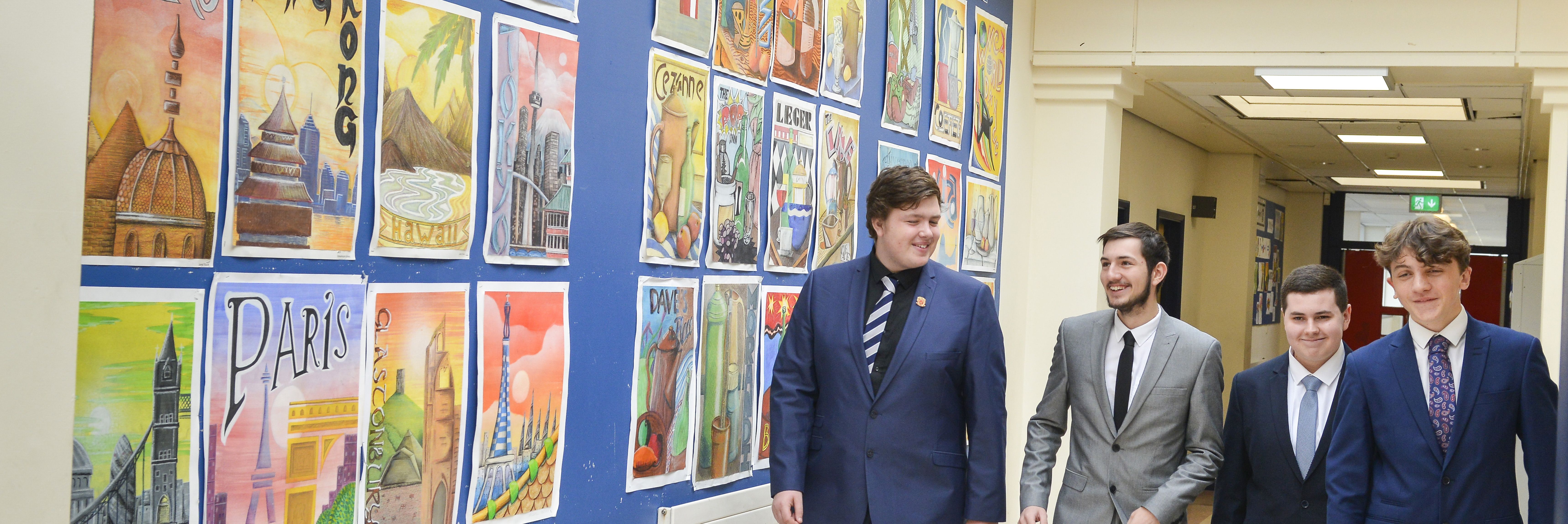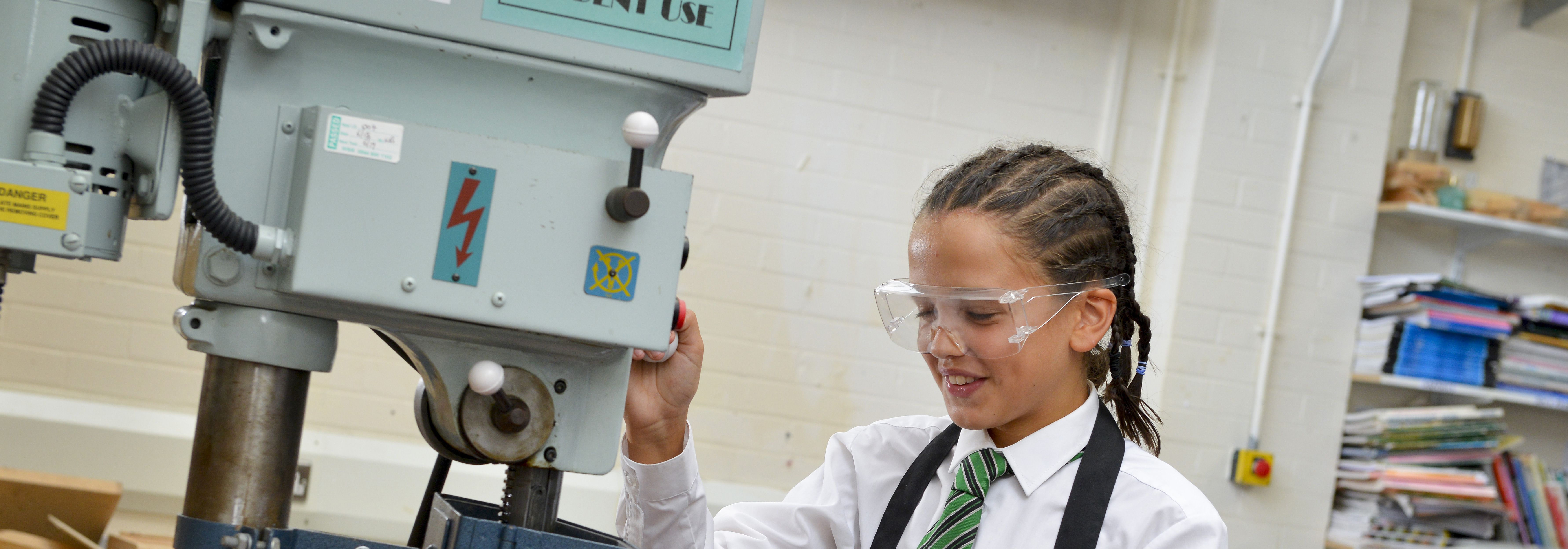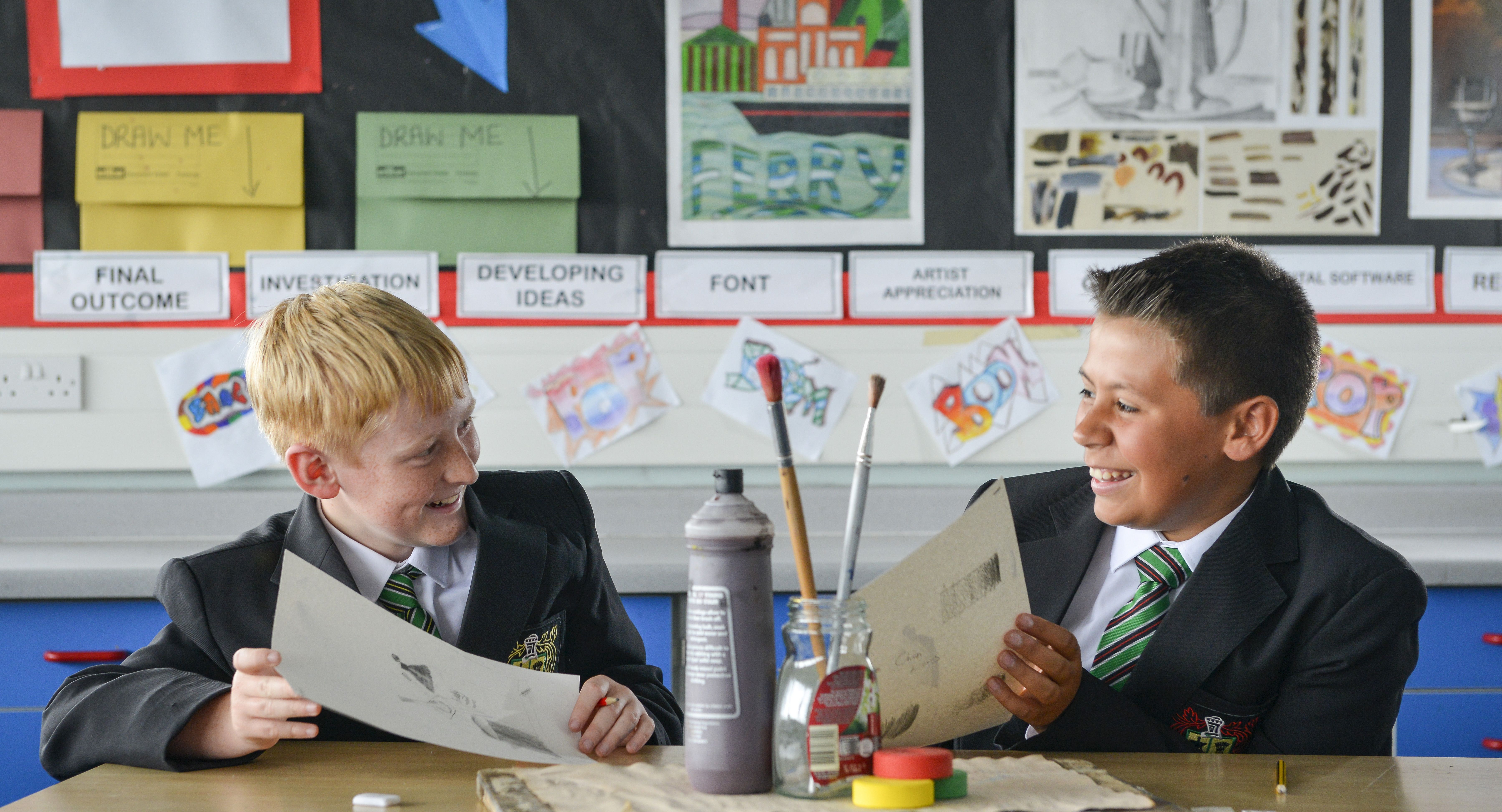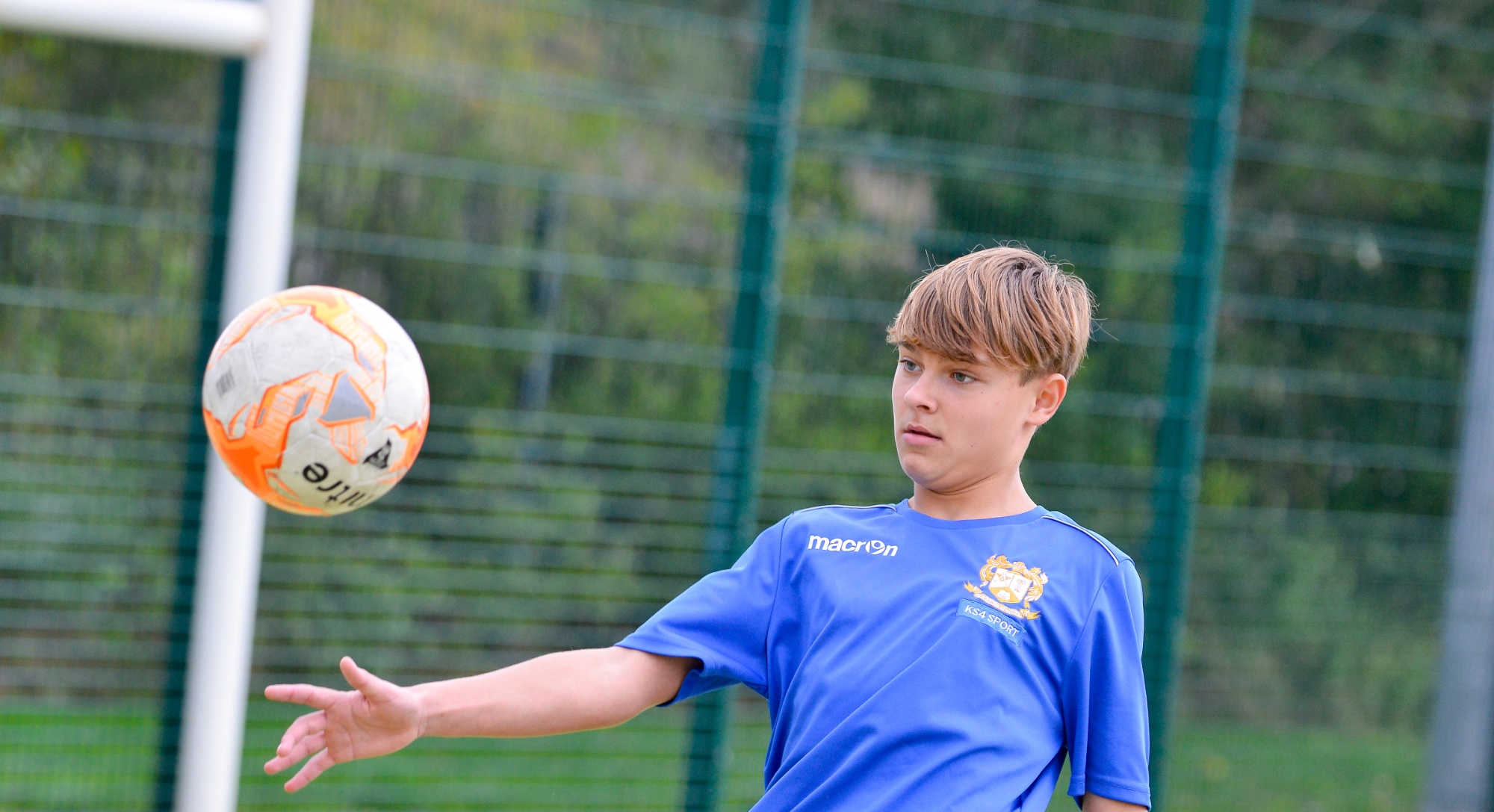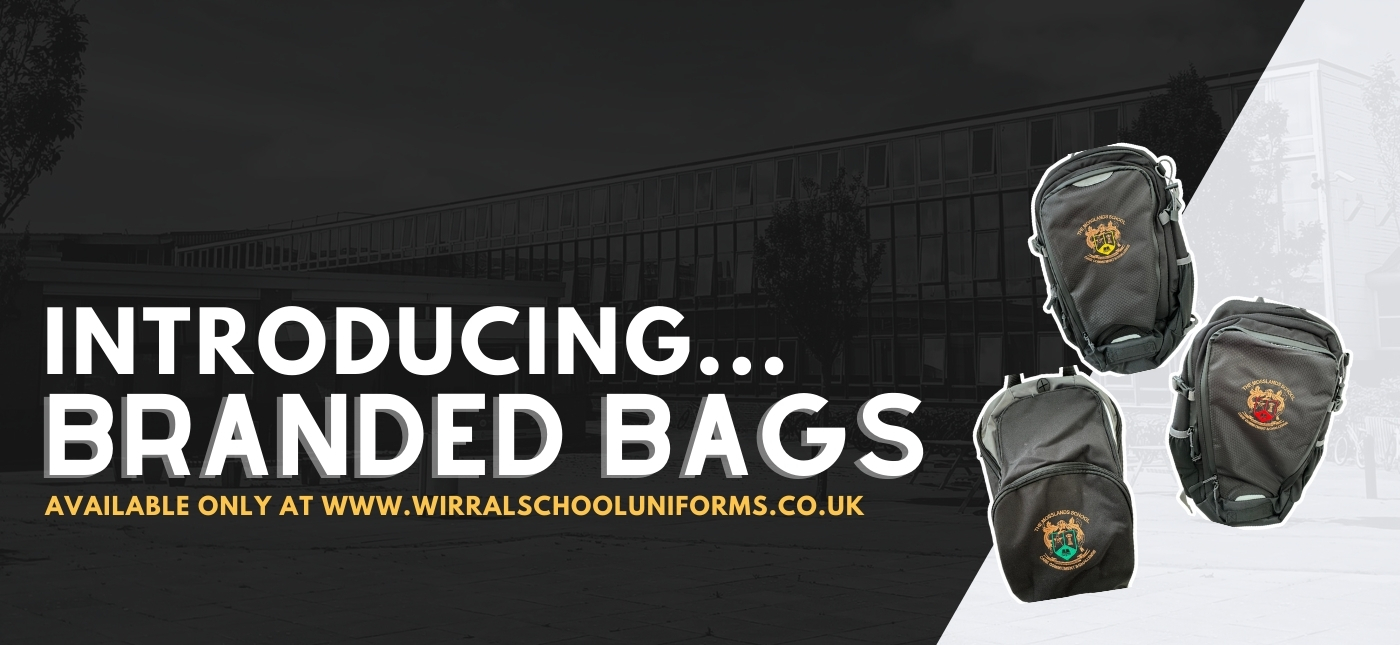Year 9
Curriculum Map
This curriculum map provides an overview of the music journey students will experience throughout the academic year. It outlines the sequence of musical styles, composition techniques, and performance opportunities alongside key assessment points designed to monitor and support student progress. The curriculum is carefully sequenced to build knowledge progressively, with each unit providing the foundation for future learning, ensuring all students develop musical understanding, practical skills, and creative expression appropriate to their age and stage. For detailed information about the specific knowledge and skills taught in each unit, please visit our Knowledge and Skills page.
| Half Term | Unit(s) of Work | Key Assessments |
| Autumn 1 | Rap |
Students will continue their musical journey by now exploring the world of rap music. The students will then select one part of a group rap song which they will perform. There will be many sections to pick from which vary in difficulty. The main assessment will partly explore the student’s ability to sense rhythm when timing lyrics to fit into a timed section as well as how to write lyrics to: • Fit rhythmically into a timed section The students will also complete a listening assessment of rap music. Music department success criteria used for performance and composition skills. TBC. Teacher will assess along with student peer assessment of the above skills. |
| Autumn 2 | Instruments of the Orchestra |
As students are around option time in year 9, this is a good times to explore the instruments of the orchestra accompanied with further development and understanding of musical elements. The idea behind this is to look at appraising work but more towards a GCSE standard. To be specific about what the students will learn, they will: • Learn about the different sections of the orchestra The main assessment here will be two listening assessments which explore the above. These will be both teacher and student assessed and the marks will be recorded. |
| Spring 1 | Compose your own song |
This unit seeks to build upon skills not only developed in year 9, but also in previous composition units in year 7 (Form & Structure) and year 8 (Melodies & Parodies). The students will aim to compose an entire ternary form song. To do this they will need: • A clear structure – A,B,A etc To develop the chords, students will also look at how to pick chords, such as considering primary, secondary and cadence chords. The students can also notate their chords and musical patterns if they wish. Music department success criteria used for performance and composition skills. TBC. Teacher will assess along with student peer assessment of the above skills. |
| Instruments of the Orchestra |
As students are around option time in year 9, this is a good times to explore the instruments of the orchestra accompanied with further development and understanding of musical elements. The idea behind this is to look at appraising work but more towards a GCSE standard. To be specific about what the students will learn, they will: • Learn about the different sections of the orchestra The main assessment here will be two listening assessments which explore the above. These will be both teacher and student assessed and the marks will be recorded. |
|
| Spring 2 | Musical futures stage 3 |
This unit aims to holistically showcase all the skills the students have developed throughout key stage 3 music. They do this by picking a song of their choice and applying it to one particular pathway. The pathways are as follows: The students will work together with a range of stimuli to help them produce a musical part. Stimuli could include the original audio recording, musical notated parts and video tutorials. Students will also complete a number of starter activities aimed at developing general musicianship. For example, looking at how to listen to music and follow notation. Music department success criteria used for performance skills. TBC. Teacher will assess along with student peer assessment of the above skills. |
| Summer 1 | KS3 Music highlights |
To conclude GCSE music, the students will now have a final opportunity to demonstrate progress and improvement by revisiting some of the tasks they did in previous years. The students will have an opportunity to spend one lesson on a task from the past over 3 consecutive lessons. The idea of this is for wen they perhaps unable to achieve a higher standard in a younger year they have the opportunity to demonstrate a higher level of musicianship. The students will then pick one of the three tasks and further develop this. The idea behind this is that the main assessment is something of their choice which finds a learning path which is best suited to their individual skill set, which will naturally lead to sense of success. Music department success criteria used for composition skills. TBC. Teacher will assess along with student peer assessment. |
| Summer 2 | ICT Unit | TBC |




